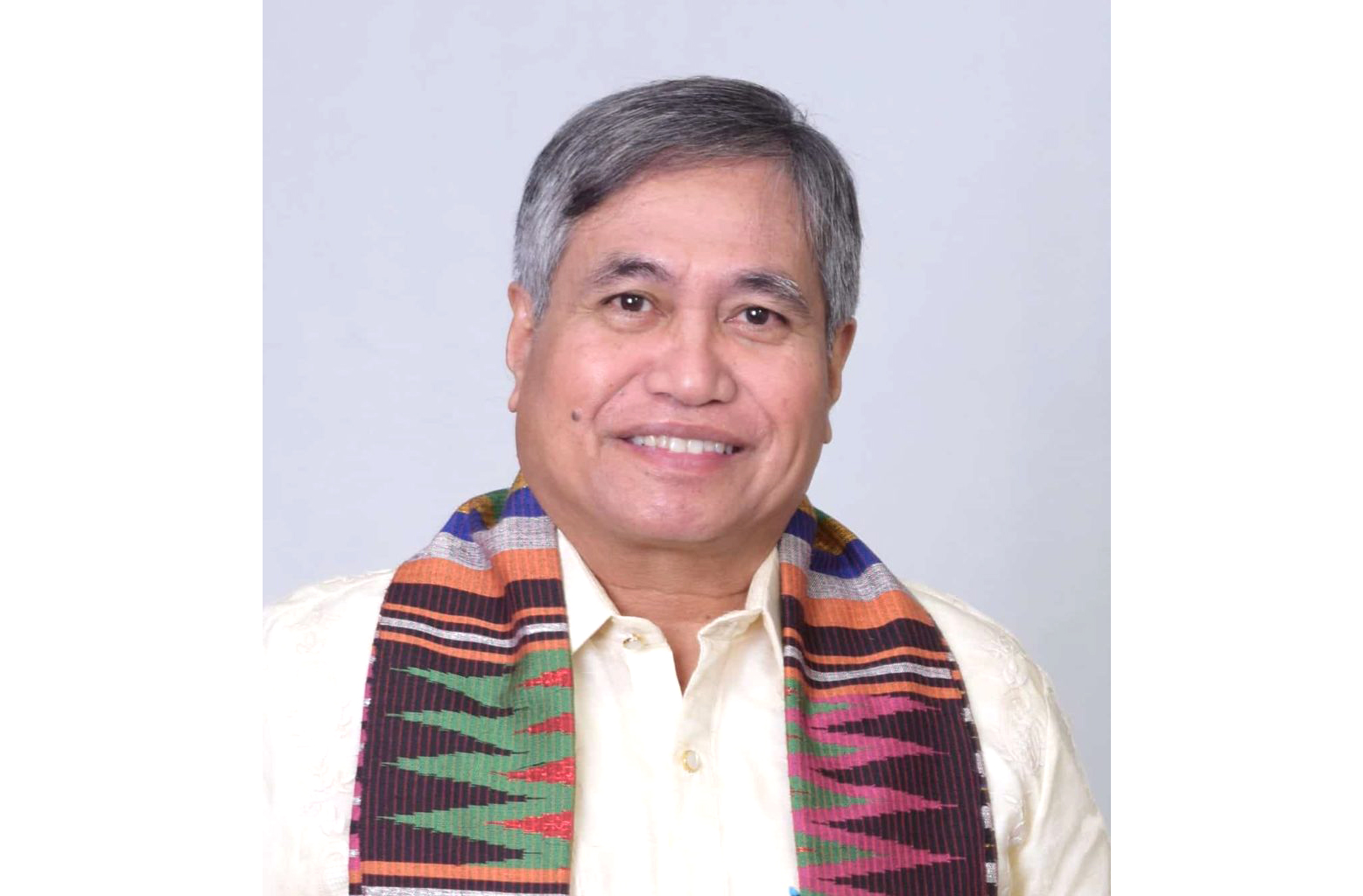FROM THE MARGINS

Even as we were preparing for Severe Tropical Storm Leon, my family and I spent the weekend repacking goods for distribution to communities that were devastated by Severe Tropical Storm Kristine. It was the most destructive storm we have had this year — killing more than a hundred people, displacing 1.6 million families, and causing an estimated ₱2.5 billion in agricultural damage, as well as ₱1.5 billion damage to infrastructure.
The heartbreaking vista of devastation and death that flood the news and social media these days is a very stark reminder for all of us to not just brace for climate change, but to do something about it.
Pursuing sustainability
In 2023, I met Hoang Anh Dung, the managing director of a Vietnamese company, the Investment and Trade Consultancy Company Limited (INTRACO). We talked about his project in Laos and Cambodia that brings water purifiers and cookstoves to poor and disadvantaged families. INTRACO was established in 2001 as an environmental and safety management company, offering consulting and certification services for ISO 14001, SA 8000, OHSAS 18000, CE Mark, UL Mark, and other compliance standards. It transformed into a company that specializes in investing in carbon projects in 2018.
We explored a partnership in the Philippines with INTRACO through the Sustainability Investment Promotion and Development Joint Stock Company (SIPCO), one of its affiliates. SIPCO develops projects that help people access energy-efficient cookstoves, safe drinking water and renewable energy, leveraging carbon finance and social finance to bring these projects to scale. Through our partnership, our microfinance clients would have received water purifiers and cookstoves for free and the resulting carbon credits would have been assigned to SIPCO. Unfortunately, it did not materialize due to some importation challenges.
I was in Vietnam last October and met again with Dung. We are now exploring a joint venture for this project, which will greatly benefit far-flung communities. The cookstoves will reduce carbon dioxide emissions, which affect not only the environment but also our microfinance clients’ health. These are safer than what they are using — the traditional “tungko,” three stones where pots are placed over a fire. Open-air combustion on these stoves generates harmful air pollution and carbon emissions, impacting respiratory health. We can also help poor families that rely on deep wells, or are forced to buy expensive purified water. We can provide clay purifiers that will filter rainwater into potable water, easing the families’ household expenses.
An option for MFIs
Partnerships such as this present a model of how microfinance institutions (MFIs) can actively contribute to climate change. By integrating climate-responsive products and services into their programs, MFIs can address both environmental and social challenges. For instance, distributing cookstoves and water purifiers reduces carbon emissions, improves health outcomes, and lowers household expenses — all while generating carbon credits that MFIs can trade to sustain such initiatives.
Beyond our financial role, we can teach clients sustainable practices. The approach aligns with the growing recognition that climate change disproportionately affects low-income communities. MFIs, with their deep reach into these vulnerable sectors, are well-positioned to bridge the gap between financial inclusion and climate resilience. Participation in carbon credit programs allows MFIs to access additional funding streams, further empowering them to scale climate-friendly interventions. Later on, we can do joint ventures to locally produce these products and create more jobs.
In my discussions with Dung, he shared another innovative idea: using carbon financing to support mangrove reforestation. This got me more excited about our proposed joint venture. Mangroves play a crucial role in protecting coastal areas from storm surges and erosion, while also serving as breeding grounds for marine life, which many microfinance clients rely on for their livelihood. Reforestation projects like these not only combat climate change by sequestering carbon but also strengthen the economic resilience of coastal communities.
Call to action
The global demand for carbon credits is rising, with companies in Europe, US, and Japan eager to invest in carbon offset programs to meet their net-zero commitments by 2030. By participating in such programs, MFIs can position themselves at the forefront of sustainable finance, benefiting both their clients and the environment. The Bangko Sentral ng Pilipinas and many government agencies are also increasingly supporting green finance initiatives, so this is a pathway for MFIs to align with national and global climate commitments.
We all have a role to play in saving Mother Earth, our home. I cite this possible partnership to exemplify how MFIs can play an active role in climate action. I believe the distribution – and eventual local production — of climate-friendly products, and creation of carbon credits demonstrates a holistic model for sustainable development. As MFIs embrace their role in addressing environmental challenges, they will not only support their clients but also contribute to global efforts to combat climate change.
* * *
“A climate-resilient economy and financial stability are mutually-reinforcing outcomes.” — BSP Gov. Eli Remolona
(Dr. Jaime Aristotle B. Alip is a poverty eradication advocate. He is the founder of the Center for Agriculture and Rural Development Mutually-Reinforcing Institutions (CARD MRI), a group of 23 organizations that provide social development services to eight million economically-disadvantaged Filipinos and insure more than 27 million nationwide.)